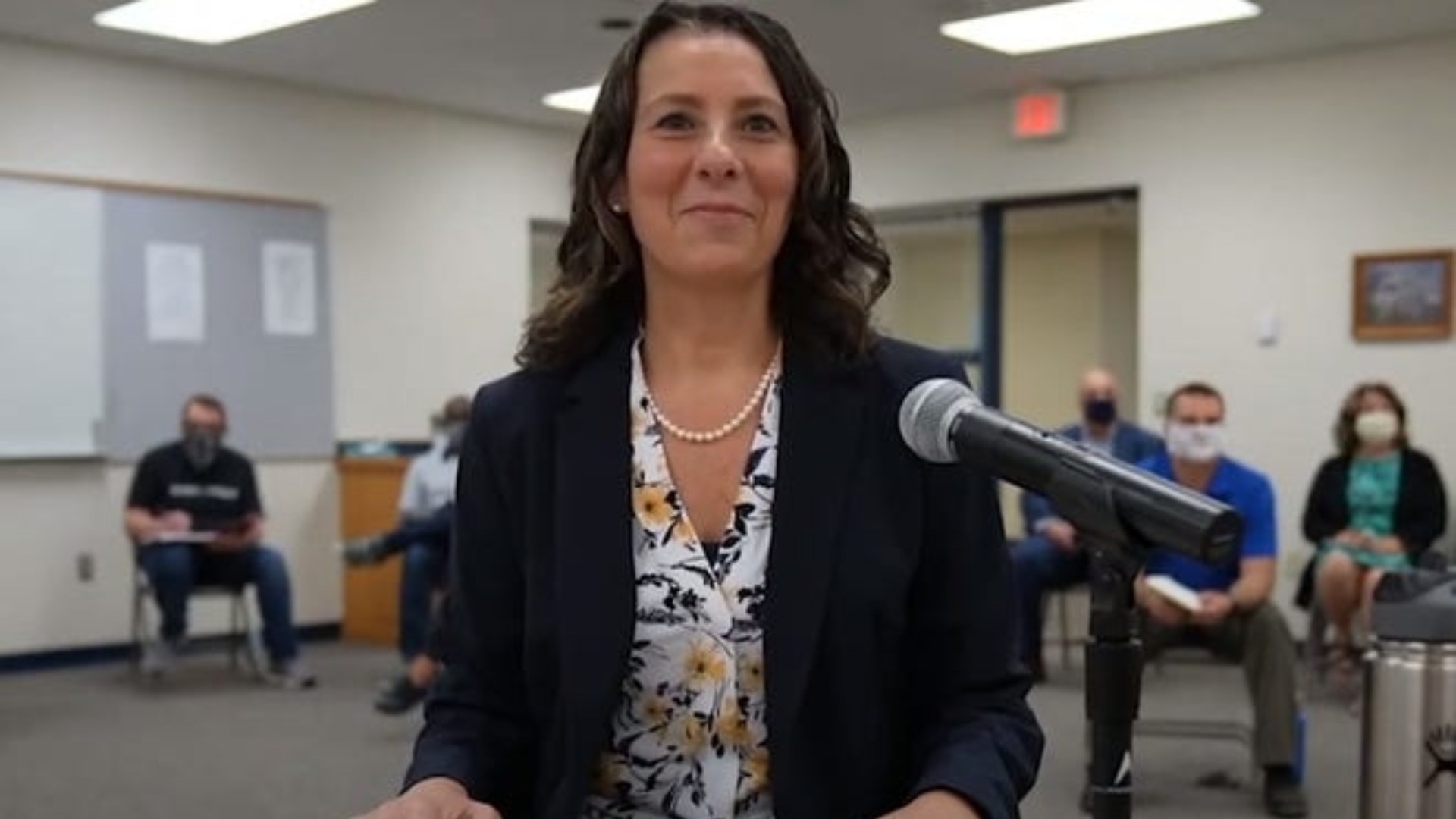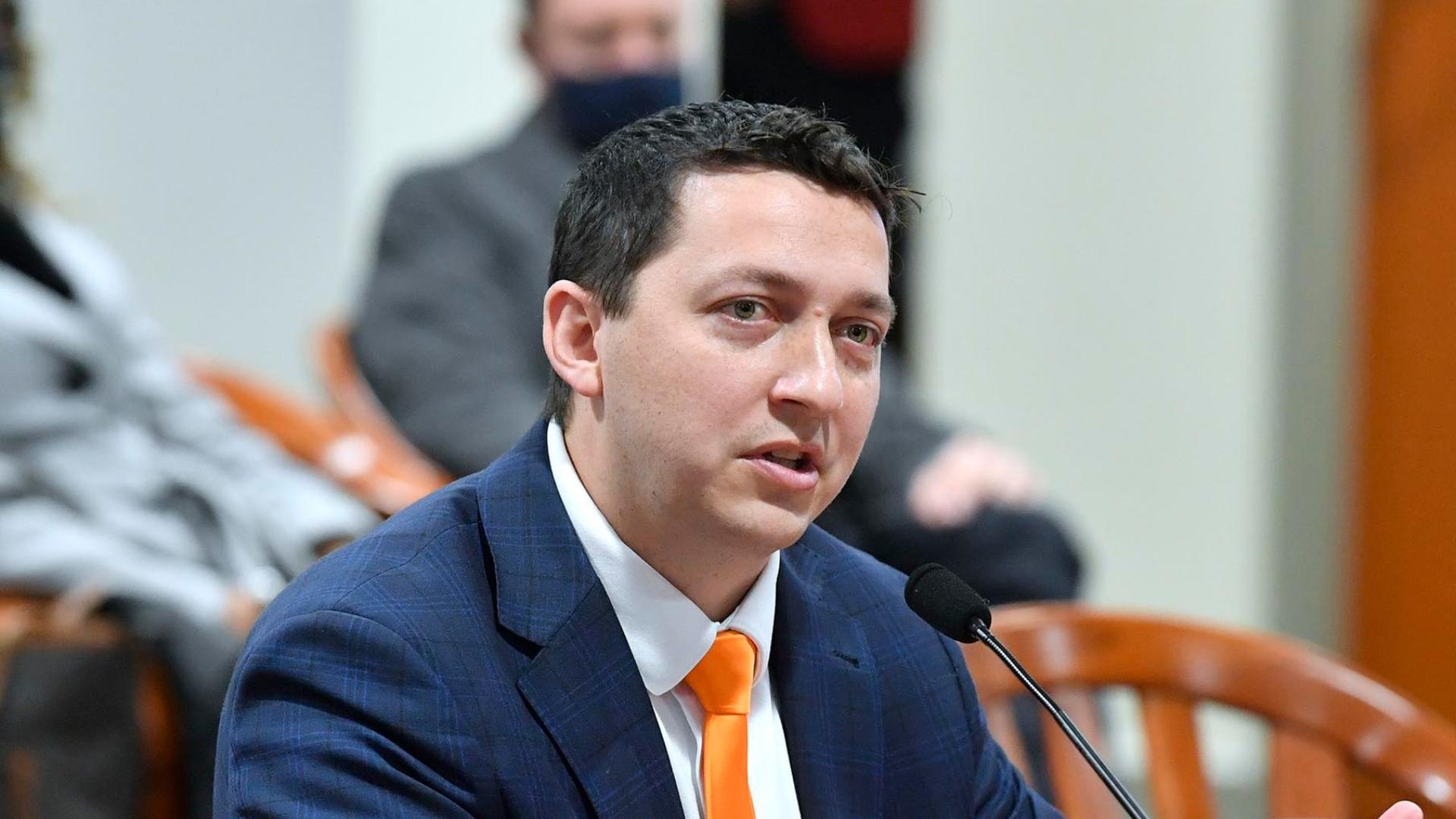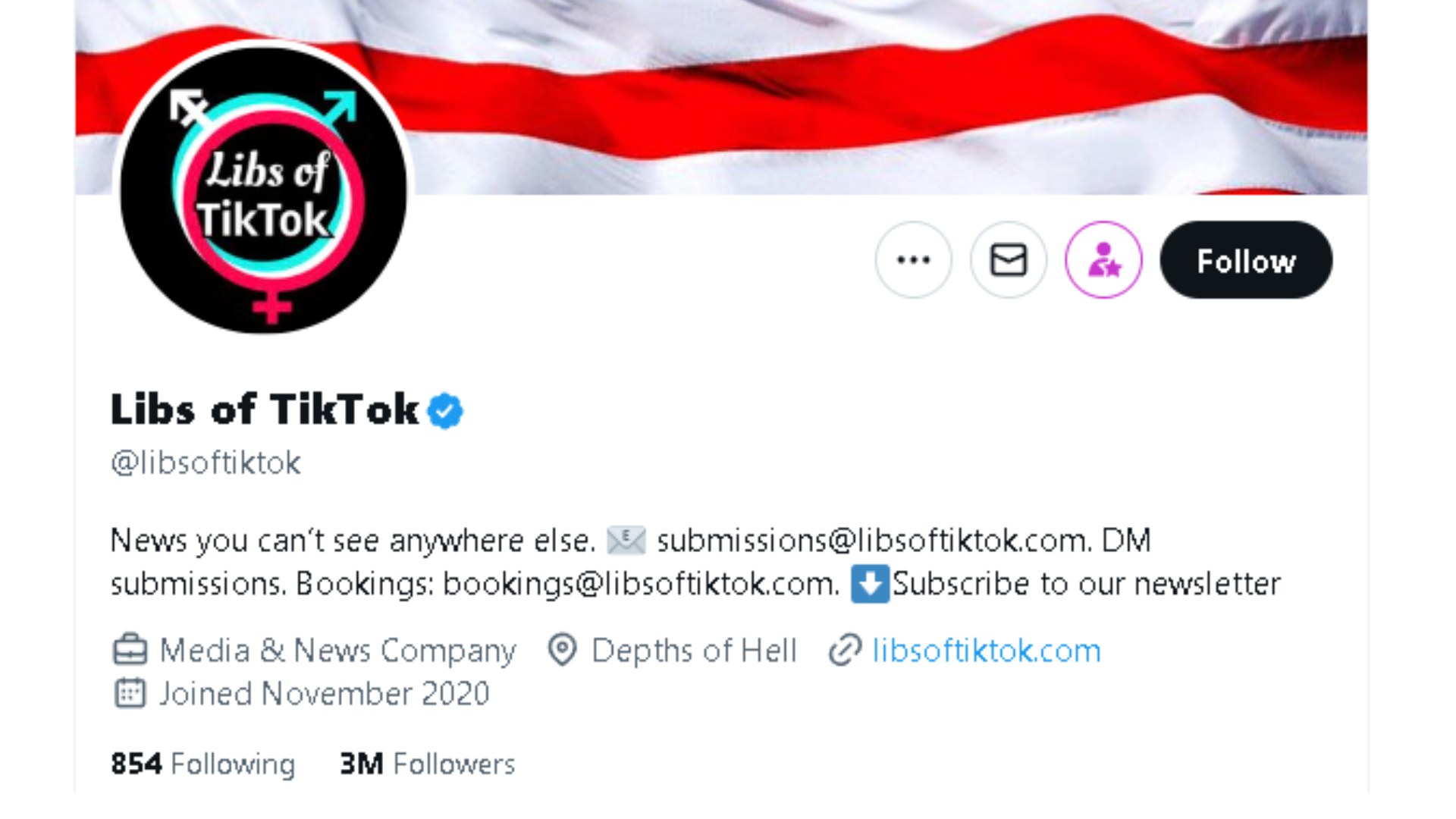Elementary School Forced to Cancel Pronoun Lesson After Staff Receives Threatening Messages
Dewitt Public Schools Superintendent Shanna Spickard announced Friday that the school district has canceled plans for a mini-lesson on gender identity and pronouns after receiving backlash from community members and negative viral attention online.
Spickard claims staff members received threatening phone calls while others have had their personal information published online in an attempt to harass them.
Gender Lesson
The lesson that was to be taught to school children was announced as a way to “promote greater understanding, compassion, and kindness regarding gender identity and the use of pronouns.”

Source: Priscilla Du Preez 🇨🇦/Unsplash
The school district informed parents of the lesson in advance, allowing those who would choose to opt their children out of participation to do so. Spickard stressed that it was a voluntary lesson.
Lesson Curriculum
The Lansing State Journal reported that the lesson was planned to occur during the next few weeks, and was to introduce students in one classroom about they/them pronouns.

Source: CDC/Unsplash
This classroom was slated to read a book called “They, She, He, Me: Free to Be!” by Matthew Sg and Maya Christina Gonzalez. They would also participate in a discussion about the themes and feelings discussed in the book.
Goal of the Lesson
The lesson, that now been canceled, was supposed to bring the community together. However, Spickard says the whole ordeal has only led to students feeling unsafe.

Source: Element5 Digital
“The goal of the voluntary mini-lesson was to help promote Dewitt Public Schools’ vision of a safe, nurturing, and supportive learning environment where all learners can succeed,” Spickard said. “Unfortunately, it has become a major disruption and distraction to that vision in which our staff, administrators, and students feel unsafe.”
Community Anger
After the initial announcement of the lesson by the school district, Superintendent Spickard said that staff members received “inappropriate, angry, and threatening phone calls, emails, and social media messages.”

Source: Onur Binay/Unsplash
Several staff members were subjected to a tactic called “doxing” which saw their personal information released online “to harass and intimidate them,” Spickard said.
Outside Discussion
In comments describing the reaction to the pronoun lesson, Spickard pointed out that much of the hate came from outside the community, though staff members were still afraid to go to school under the pressure of the hateful messages.

Source: Shanna Spickard/Facebook
“While the vast majority of these inappropriate communications have originated outside of our community, several staff members have expressed feeling anxious, stressed, and even afraid to go to school,” she said. “This is unacceptable.”
Law Enforcement
Superintendent Spickard mentioned that police are taking the threats to school staff members seriously, and the school has increased the presence of authorities on campus as a safety measure.

Source: Scott Rodgerson/Unsplash
“We are in contact with local law enforcement regarding these communications and have increased both police and administrative presence as precautionary measures,” said Spickard.
Disappointing Results
Spickard relented at the way things have turned out, clarifying in her comments that the decision to cancel the lesson was not an easy decision.

Source: Kimberly Farmer/Unsplash
“We realize this decision will please some and disappoint others in our school community, and I can assure you we did not reach this decision lightly. We did so simply out of legitimate safety concerns expressed by the amazing group of educators and administrators who work hard every day to provide a culture of excellence,” Spickard said.
Online Reaction
In a post that got hundreds of shares and comments on Facebook, Michigan State House Representative Steve Carra posted a copy of the pronoun lesson notice with a mocking caption.

Source: Steve Carra/Facebook
“Hire me to teach the kids. “Little Jack, you’re a boy even if you pretend to be a girl. Other people shouldn’t be forced to pretend along with you. Your pronouns are he/him.” Great, now back to reading, writing, and arithmetic…” Carra wrote.
Viral Posts
An account called Libs of TikTok on social media platform X picked up the story last week, bringing viral attention to it with their posts getting millions of views and thousands of likes.

Source: Libs of Tikok X
In one of their posts covering a WILX News 10 clip, parents expressed dissatisfaction with the pronoun lessons, preferring to keep sexualized language out of their children’s classrooms.
Not Supposed to Cause Anger
Superintendent Spickard specifically addressed those who saw the lesson as an attack on school children in a Facebook post on April 17.

Source: Shanna Spickard/Facebook
“The purpose is to promote greater understanding, compassion, and kindness regarding gender identity and the use of pronouns,” Spickard said. “The mini-lesson is not designed to challenge, persuade, or alter family beliefs. Instead, it aims to promote a safe and respectful learning environment where all our students feel valued.”
Cultural Context
The political division around gender identity and pronouns in the current American culture has driven much of the conversation online and elsewhere. A partisan divide has emerged on whether or not it is appropriate to teach such topics in public schools to children.

Source: Kenny Eliason/Unsplash
Opponents of these lessons accuse supporters of trying to force sexual topics into elementary classrooms. However, supporters see the discussion of these topics in schools as necessary to promote inclusion for people of all stripes in society.
